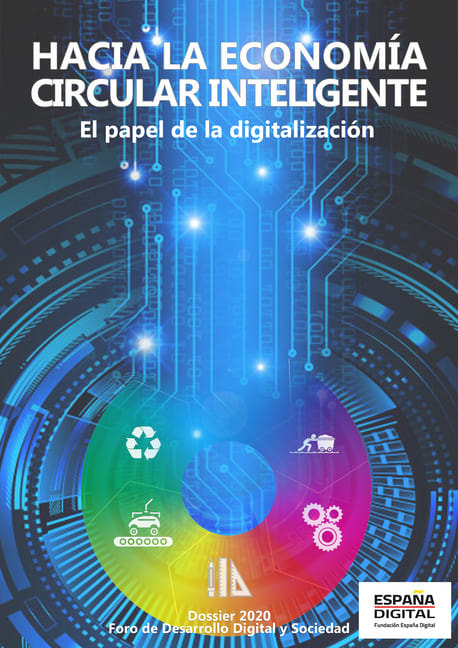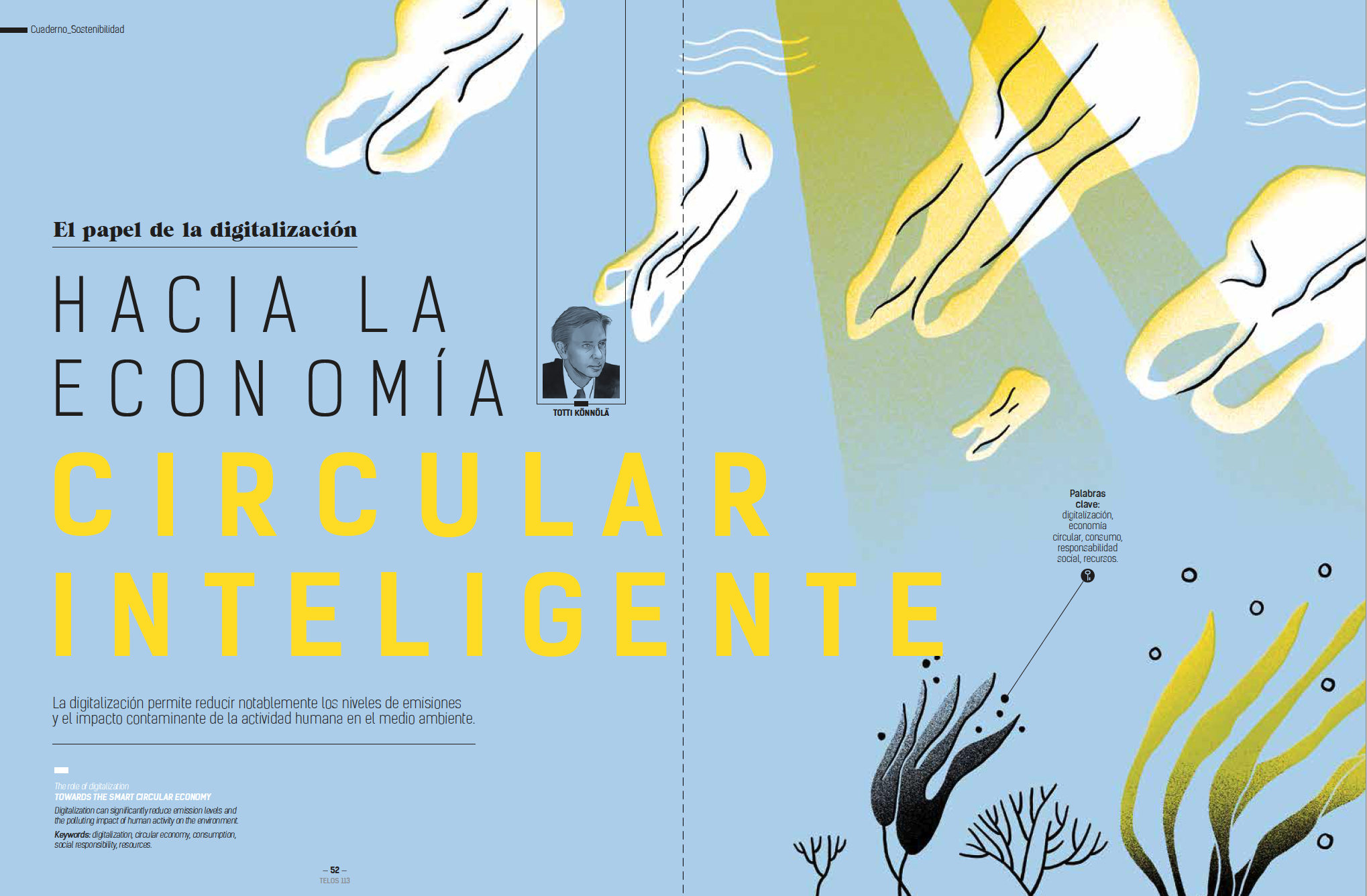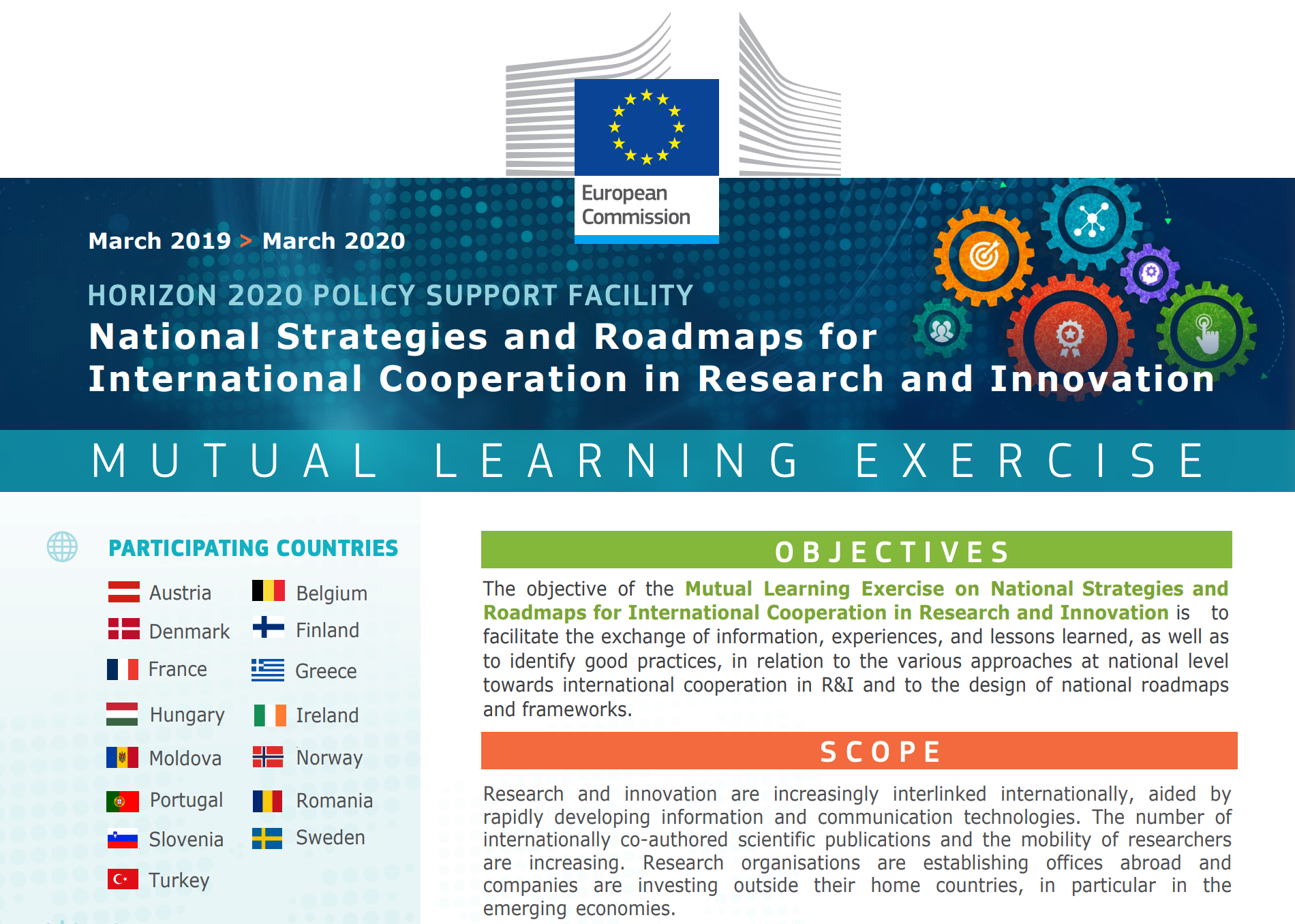The Chairman of IFI Advisory Board, José Manuel Leceta connects in his latest book the innovation with the fractals that are mathematical objects present in nature. Halfway between art and science, they describe complexity with simplicity, knowing the underlying pattern that is reproduced at different levels.

Successful innovation must also be simple, although it is not always simple. What if, as with fractals, there are underlying structures that reproduce at different levels? In essence, that is the thesis of his book ‘ Fractal Innovation’. And for this, he defends that innovating is betting on people; that entrepreneurship is a contact sport and that, like life, innovative entrepreneurship is a journey. This work is an original reflection on a complex phenomenon, from the conviction that those who understand the dynamics of change that induce innovation and entrepreneurship will be in a better position to understand the world a little better.


